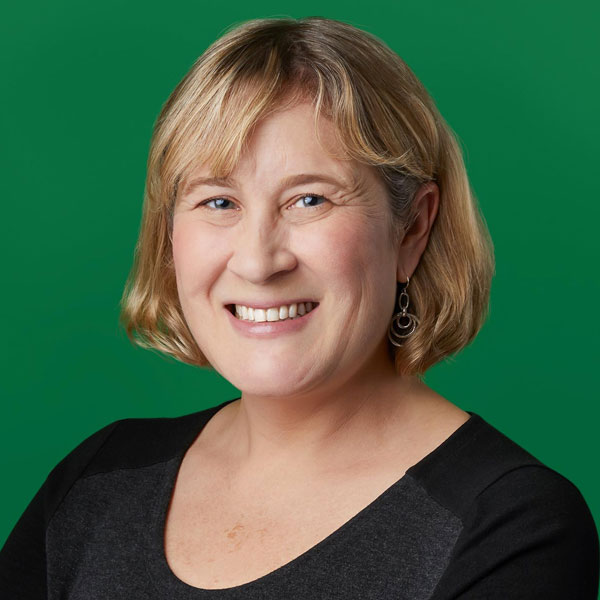Welcome to the recap of Day 1 of GEO’s 2018 National Conference! It was a thought-provoking day as our community gathered to open the conference. We’re fortunate to have Nell Edgington from Social Velocity coordinating these great recap blogs. So, if you missed something during the day or you aren’t able to join us in person in San Francisco, check out today’s recap by Kathy Reich, director, building institutions and networks at the Ford Foundation.
GEO turns 20 this year, and it’s come a long way since 12 people decided they needed a space for grantmakers who geek out on the art and science of their trade.
Today more than 600 foundations belong to GEO, and 950 people have gathered this week in San Francisco for the group’s biannual conference. Thanks in part to GEO’s tireless efforts, practices that once were outside the mainstream of organized philanthropy — general operating support, evaluation for improvement, funder collaboration, use of grantee feedback, and investments in nonprofit capacity building — are now widely recognized as essential in our field.
And yet, the mood doesn’t exactly feel celebratory. GEO isn’t commemorating its birthday by kicking off its shoes and dancing on the tables. (Or at least, not yet—I’m writing this before the opening reception).
Instead, the organization and its members are having one of those reflective birthdays. You know, the kind where you assess whether you’re living up to your values and maximizing your potential. GEO started off the conference by challenging all of us to craft our own visions for the philanthropy field in 2038. (Of course, since we’re in 2018, we’re supposed to tweet them #GEOMagic.)
For GEO, that means adding a commitment to racial equity to their short list of practices that are essential to grantmaker effectiveness. In other words, GEO has come to believe that racial equity is not just something that is nice for foundations to embrace, but something that they must embrace to be truly effective in their work. GEO envisions a sector where foundations lead the way in fostering racial equity in their workplaces, as well as in their funding strategies.
That’s a big step for GEO, and it’s not without controversy. But as GEO’s longtime CEO Kathleen Enright explained in the opening plenary:
“Our sector is dedicated to work that improves lives and strengthens communities. We try to do this based on evidence, data, and facts. And on one point, the data is crystal clear: in just about any community in the United States, and across nearly every issue—from economic opportunity, to education, to health—the most durable predictor of outcomes is race. We cannot expect to see the results we want to see on social challenges without taking into account the profound and pervasive influence of racial inequality in our nation.”
Enright pointed out that nearly two thirds of GEO members already consider racial equity either essential or central to their missions. And she offered powerful examples of how foundations like the Missouri Health Foundation have committed to racial equity in their work.
A commitment to racial equity is now at the center of GEO’s 2038 vision. That vision includes other transformative practices as well. Pia Infante of the Whitman Institute, Brian Barnes of Tandem ED, and I fleshed out a vision for a philanthropic sector that has transformed its approach to social and environmental challenges. In our 2038 vision, philanthropy has embraced:
Courage, by supporting new, non-traditional, and bold leaders, organizations, networks and ideas.
Inclusion, by actively engaging people of color, low-income people, and others least heard in our society as we develop grantmaking strategies and make our funding decisions.
Complexity, by investing in multiple players for the long-term rather than focusing on short-term, linear outcomes.
Learning, by using data to assess progress, challenge our own assumptions, and improve our work as well as the work of our partners.
Collaboration, by working in partnership, and on an equal playing field, with other funders as well as with communities, rather than insisting that “if you’ve seen one foundation, you’ve seen one foundation.”
Flexibility, by making multi-year, general operating support and nonprofit capacity building the norm rather than the exception.
Ambition, by focusing on systems change at the community, regional, national or global level.
“Progress in the field begins with change inside foundations,” Enright said today. “And every single improvement starts with an act of individual courage and leadership.” Over the next three days, 950 people at the GEO conference will listen, learn, and hopefully commit to individual acts of courage that together will advance a bolder vision of philanthropy.
It’ll be hard work. But I anticipate a little celebration will creep in as well. And hopefully, a slice of birthday cake.

